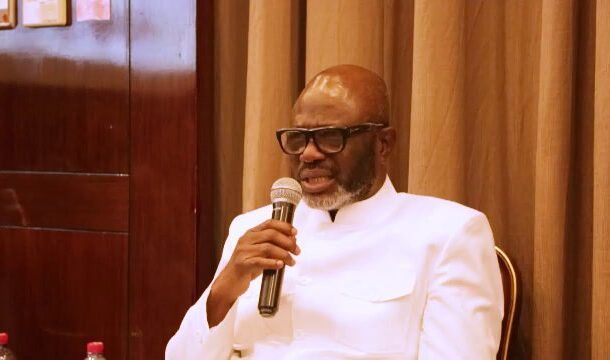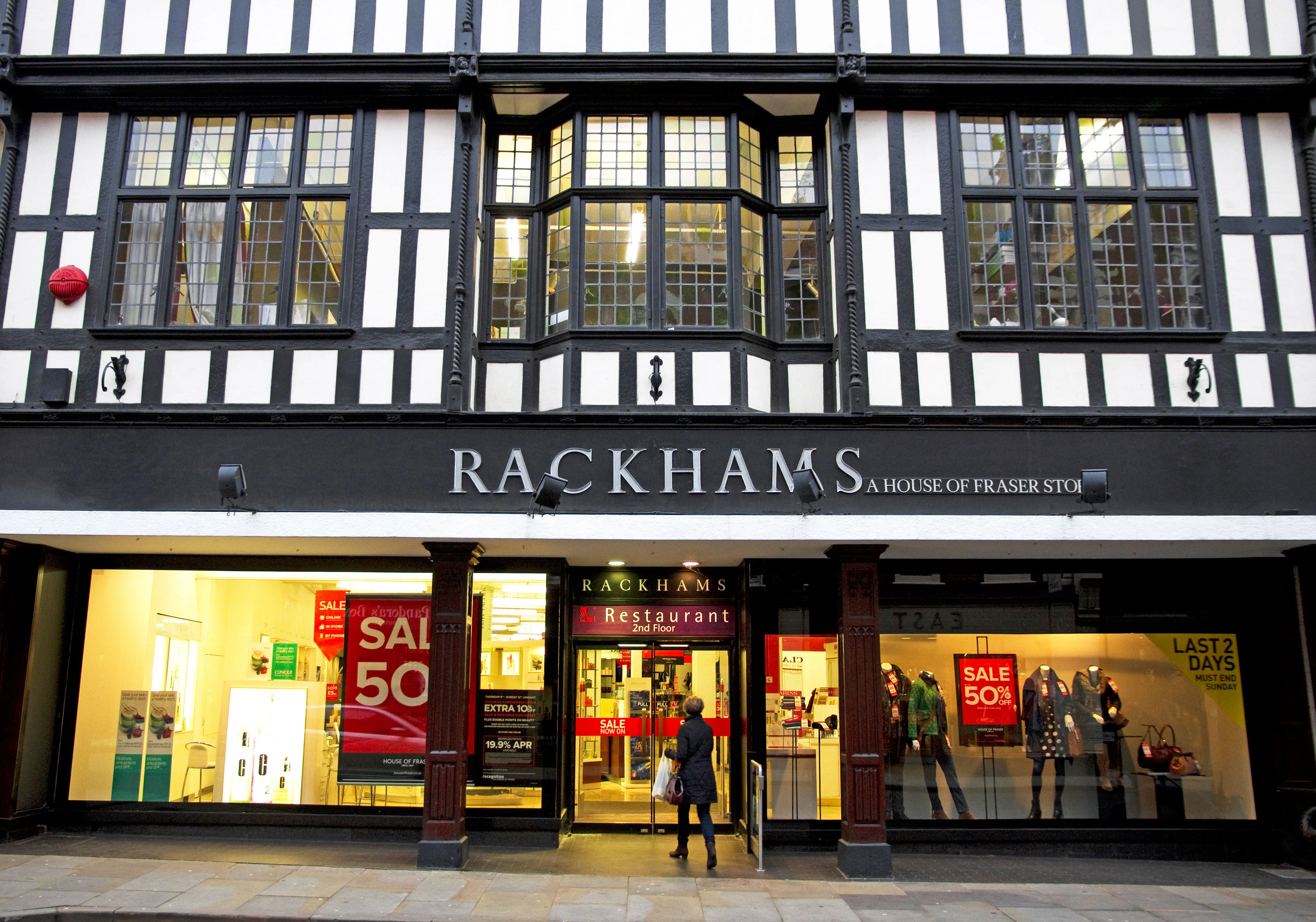By Prince Antwi
Copyright ghanaguardian

The Ghana Union of Traders Associations (GUTA) has cautioned that the government’s 24-Hour Economy policy could struggle to achieve its intended impact unless urgent steps are taken to tackle the rising cost of utilities in the country.
According to the union, persistent increases in electricity and water tariffs are making it increasingly difficult for Ghanaian traders and manufacturers to produce and export competitively, threatening business sustainability and job creation.
Speaking at a press conference in Accra on October 6, 2025, GUTA President, Dr. Joseph Obeng, said high operational costs are eroding profit margins and undermining Ghana’s ability to compete within the African Continental Free Trade Area (AfCFTA).
“It’s important that we stop the constant increases while businesses continue to suffer. This does not make us competitive at all. Ghana is lagging behind under AfCFTA—our goods cannot even compete in neighbouring Togo,” he said.
Dr. Obeng further warned that without affordable utility tariffs, the government’s 24-Hour Economy Plus initiative—which seeks to boost productivity and create jobs through round-the-clock economic activity—could falter.
“Because of the high cost of doing business, especially utility charges, we are not going to achieve the industrialisation we seek. If we don’t put these issues in proper context, the 24-Hour Economy will just remain a slogan,” he cautioned.
GUTA has therefore called on the government and relevant regulators to engage stakeholders to develop a realistic and business-friendly tariff framework that supports productivity, competitiveness, and industrial growth.



